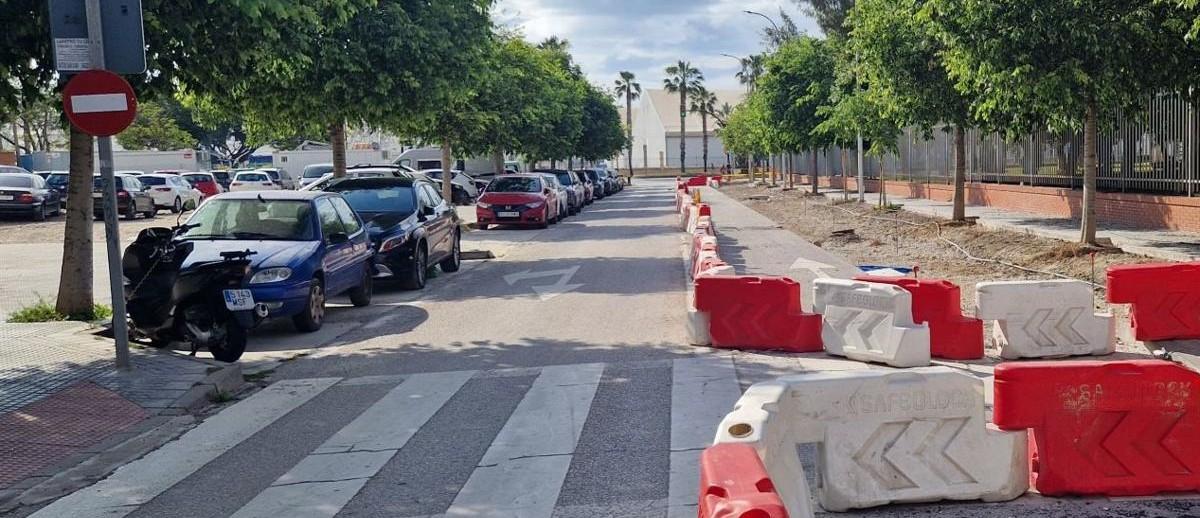According to a new report by the Audit Office of Cyprus, between 2015 and 2024, three large Cypriot companies — Cyfield, Iacovou Brothers, and Cybarco — shared public construction contracts worth over €1 billion. This represents 40.8% of the total state investments in construction projects during that period, which reached €2.51 billion.
Auditors warn that this situation poses serious risks to market competition and could lead to monopolization, as a significant portion of public funds is concentrated in the hands of a small number of contractors.
Market Leaders by Contract Volume
A closer look shows that Cyfield ranks first among contractors, having implemented 157 projects worth a total of €563.9 million. It is followed by Iacovou Brothers, with 84 projects totaling €321.9 million, while Cybarco takes third place with 40 projects worth €140.9 million.
Although these three companies executed only 13% of all public contracts, they received nearly 41% of the total allocated funds. Experts note that the concentration of major contracts in the hands of a few firms creates unequal competition and reduces the efficiency of public resource management.
Auditors also highlighted that Cyfield has maintained the largest market share for four consecutive years (2019–2023), reflecting its stable dominance in Cyprus’ public construction sector.
Tender Issues and Limited Competition
The report notes that in 14.2% of all tenders, only one bid was submitted, and in most such cases, the contract was automatically awarded to that single bidder. This practice is cause for concern, as the lack of competition may result in inflated project costs and declining quality of public works.
The Audit Office emphasized that public authorities must improve transparency in tender procedures, especially in cases where the same companies repeatedly appear as sole bidders.

Delays and Inefficient Project Implementation
The Audit Office also found that the vast majority of public construction projects in Cyprus are completed late. The average delay amounts to about 461 days, or roughly 77% longer than the originally planned timeframe.
The report does not analyze the specific reasons for these delays. Auditors clarified that their goal was to record general statistics and identify trends rather than investigate individual cases. It also remains unclear whether clients or contractors are primarily responsible for the delays.
The Most Expensive Project and Contract Termination
The largest tender during the period — worth €72 million — was awarded to the Greek company Intrakat for the construction of a section of the Paphos–Polis highway. However, the contract, signed in 2021, was terminated in April 2024 after the contractor refused to complete the project due to budget overruns and extended deadlines.
This case became a telling example of the challenges in managing large-scale infrastructure projects, where excessive bureaucracy and weak oversight often lead to delays and cost overruns.
The Future of Cyprus’ Public Construction Policy
Experts believe that the situation described in the report calls for systemic reforms in the public procurement sector. Cyprus needs transparent tender procedures, better control over project timelines, and measures to prevent market concentration.
Authorities are already considering digitalizing the public procurement process, introducing open electronic tenders, and creating a unified contractor registry to increase transparency.
These steps could form the foundation for a healthier competitive environment and more efficient use of public funds, particularly given the growing number of projects financed by European Union funds.
